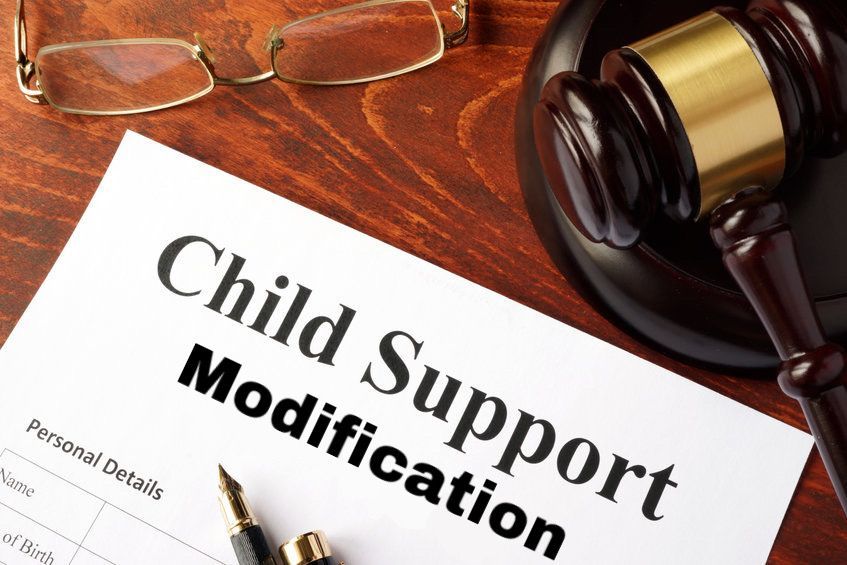Black Ice Slip and Fall
Slip and fall injuries on ice are common during winter in Rhode Island. When you slip and fall on someone else's property, however, you may be able to bring a personal injury case against them. You must prove the owner of the property was negligent and that your injury was a result of this negligence.
Proving Negligence in a Black Ice Slip and Fall Injury
Slip and fall injuries fall under premises liability claims. The owner of the premises is liable for your slip and fall injury on their property if you can prove they were negligent. You must meet the four elements of negligence:
- Duty of care: Landlord and business owners in Rhode Island have a duty to protect tenants and invited guests.
- Breach of duty of care through action or omission: By not clearing snow or black ice, the property owner fails to protect tenants and invited guests.
- Breach is direct and proximate cause of injuries: The landlord's or business owner's actions or omissions are the reason for the slip and fall on black ice.
- Injured party suffered compensable damages: You needed medical attention for your injury.
Examples of negligence for a slip and fall on black ice:
- Property owner fails to remove all the ice or snow from common areas or areas used by employees
- Property owner allows ice to build up on handrails or fails to remove hanging icicles
- Failure to spread salt, gravel, or other anti-slip materials over icy parking lots, stairways, ramps, or sidewalks
Reasonable Care and Natural Accumulation
Landlords facing premises liability claims can argue that they demonstrated reasonable care. Reasonable care would be actions to prevent the black ice from forming or trying to remove it as soon as the property owner is aware of it.
In Rhode Island, landlords and business owners have a “reasonable” amount of time to remove icy conditions from their premises before they're liable for a slip and fall injury (known as the natural accumulation rule). If you slip and fall on black ice in a parking lot in the middle of an ice storm, for example, the owner would not be negligent under the natural accumulation rule.
If you suffered an injury from a black ice slip and fall, contact Inman & Tourgee online or call (401) 823-9200 to discuss your options.











